- 1Creative university – Konstanz creativity
- 2About our series
- 3Miriam Leue – Close link between study, teaching and research
- 4Helmut Cölfen – “An ideal place for good ideas”
- 5Ines Mergel – Developing innovative teaching concepts
- 6Maren Rühmann – Trust in own decision making processes
- 7Timo Müller – Very high-caliber colleagues
- 8Regine Eckhardt – Accessible freedoms for creativity
- 9Ilmari Thömmes-Jeltsch – Creative sustainable projects
- 10Anke Hoeffler – Interdisciplinary creativity
- 11Gerald Schneider – Preconditions for creativity
- 12Ramon Kranaster – Unfettered creativity leads to successful start-ups
- 13Thomas Böttcher – Zukunftskolleg: Time for creativity
- 14Thomas Böttcher – Article "An idea factory"
- 15Additional contributions will follow shortly
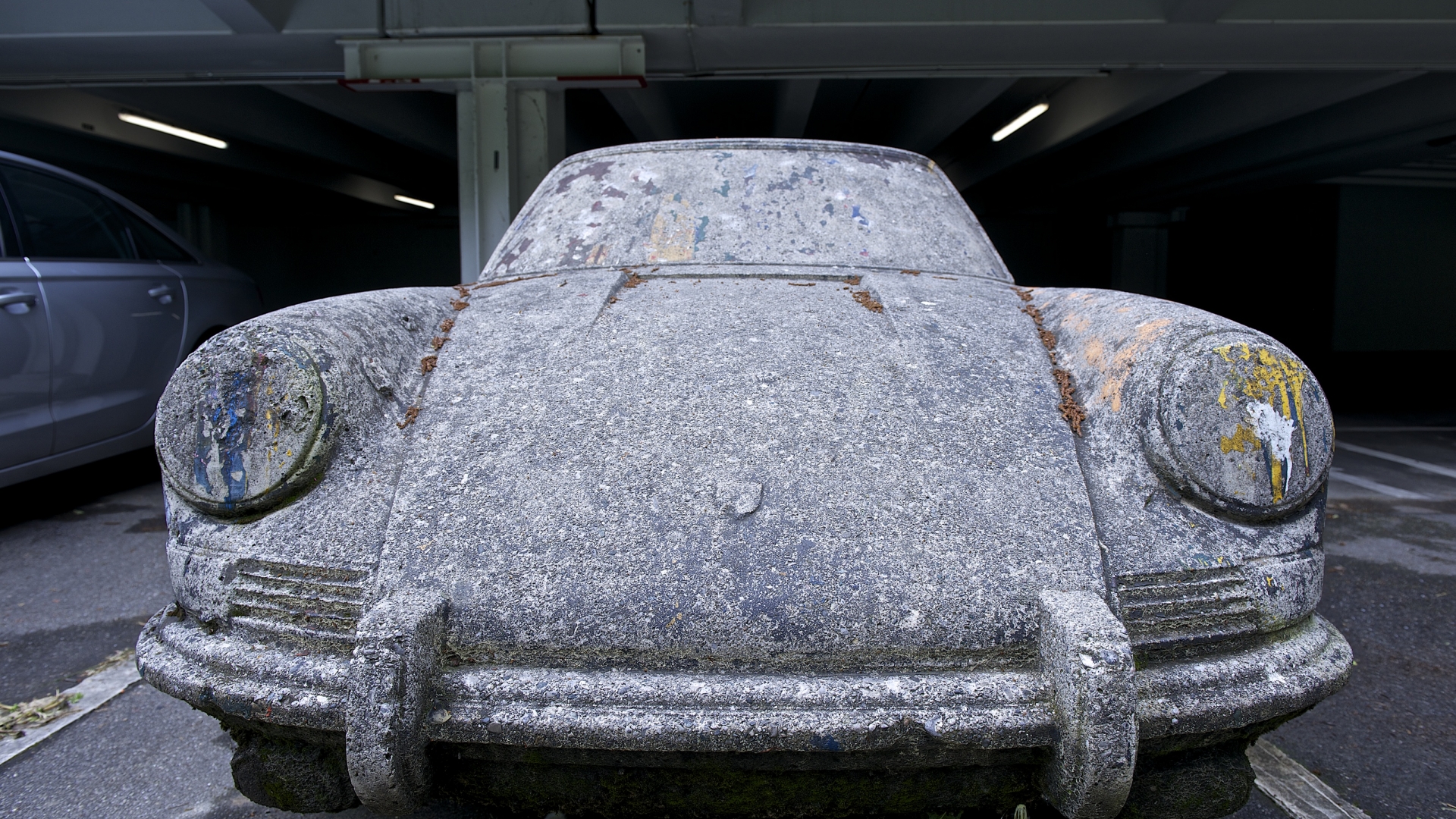
Creative university – Konstanz creativity
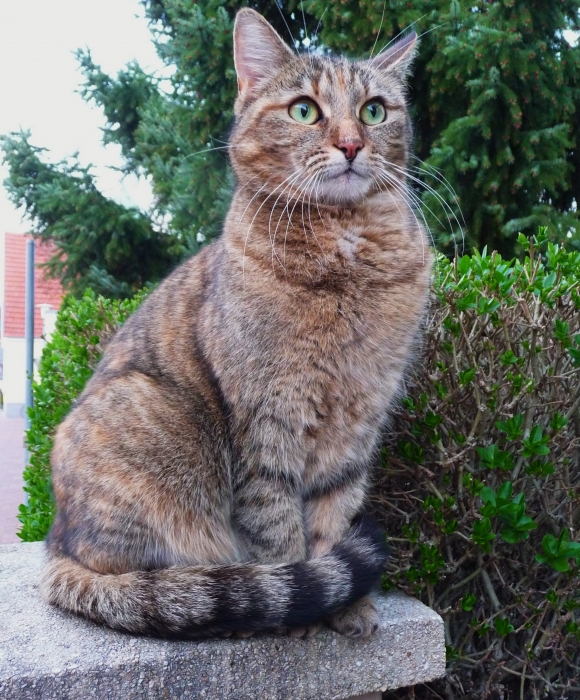
About our series
What exactly is creative research? How can a university foster creativity? And what is the best possible result of combining creative research with creative working conditions. In our series “Creative university – Konstanz creativity”, researchers, staff and students share their perspectives on what makes research and teaching so extraordinary at the University of Konstanz – one of only six German universities whose institutional strategy has been funded in both phases of the Excellence competition.
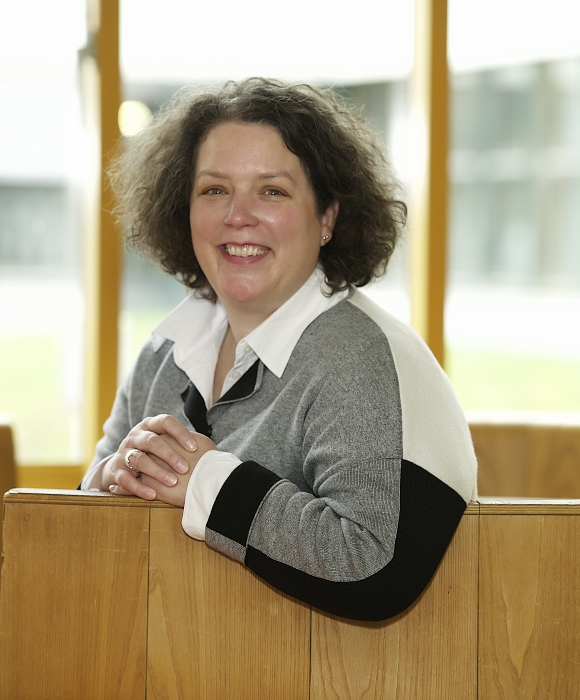
"Creativity at the University of Konstanz means to me, that I collaborate with all important stakeholders in an ecosystem approach. We work together to develop innovative teaching concepts, which are based on my research and thus bring innovative knowledge directly into the public sector."
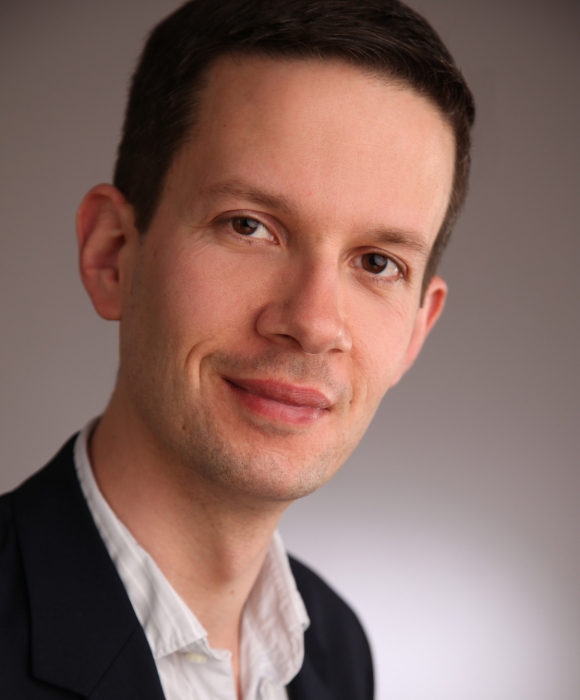
“You can tell that researchers at the University of Konstanz were chosen for the quality and excellence of their research.
I work among very high-caliber colleagues”.
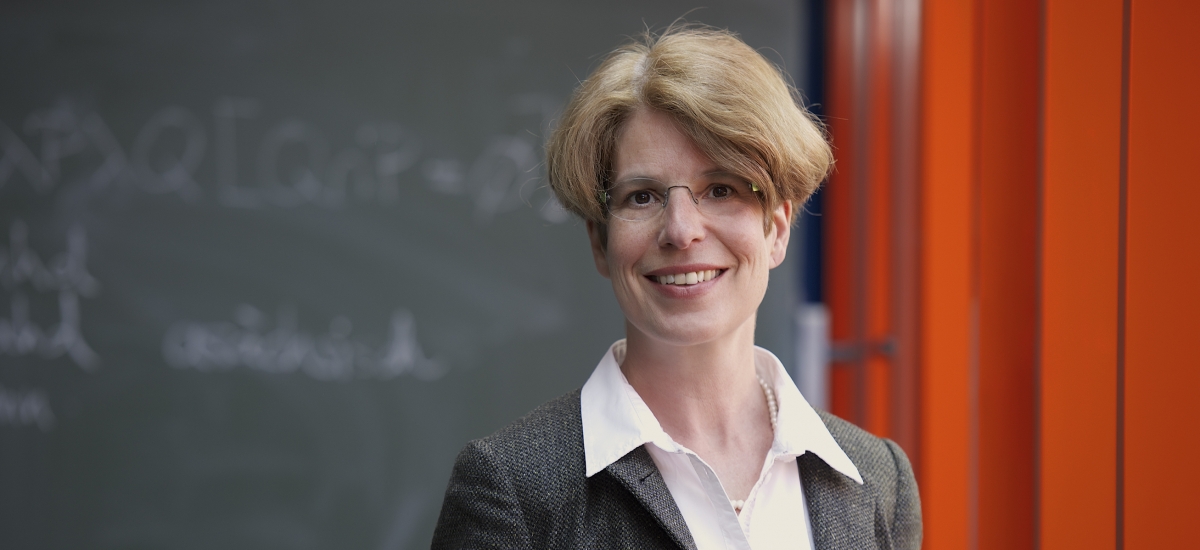
“It takes time and free space to gain new insights; only after I have had the chance to gaze towards the horizon am I able to see the solution to research questions very clearly before me. The university’s ideal location along with its lean, efficient administrative structures and its funding programmes provide broad, accessible freedoms for creativity”.
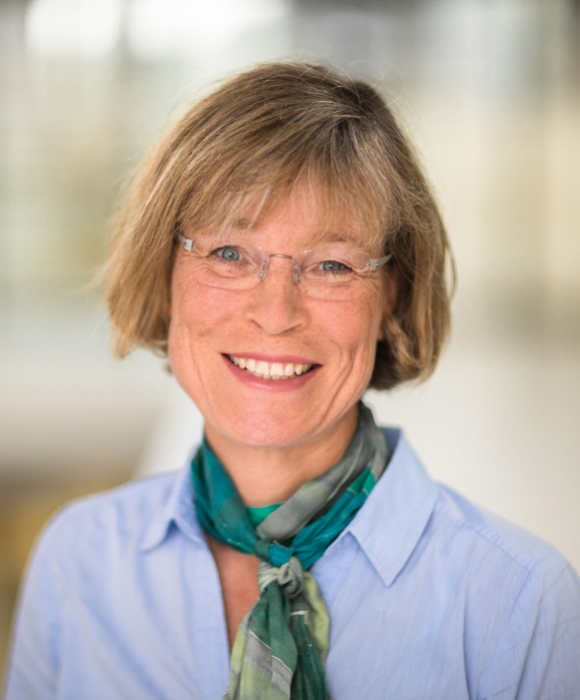
"For me, the numerous opportunities of interdisciplinary work make the University of Konstanz especially appealing. I am really looking forward to realizing my research projects in this productive environment."
Audio-Stream: Gerald Schneider speaks about the conditions of creativity
Professor Gerald Schneider, Professor of International Politics.
Since October 2018, Gerald Schneider has been on an academic year in the GMF headquarters in Washington, D.C., funded through the Helmut Schmidt Fellowship 2018 of the German Marshall Fund of the United States (GMF) and the ZEIT foundation.
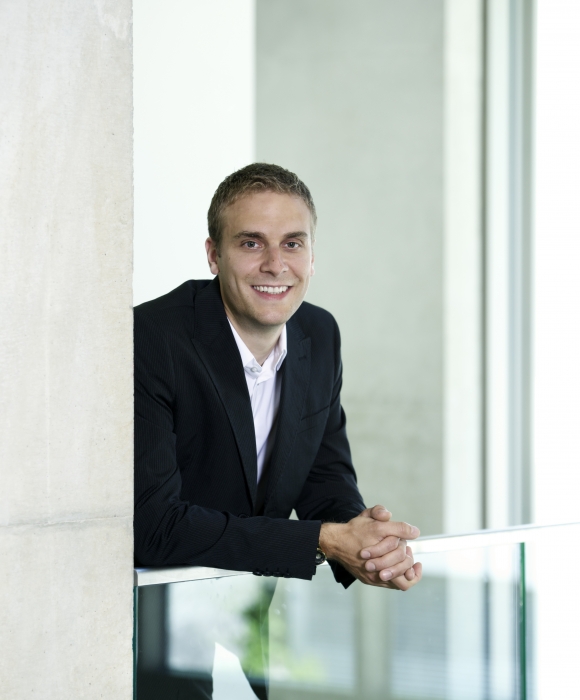
“Without the Transfer Platform, it would have been much more difficult for our startup myPOLS Biotec to bring our application-oriented research to market.
The University of Konstanz’s Transfer Platform is an excellent funding instrument that efficiently supports entrepreneurs."
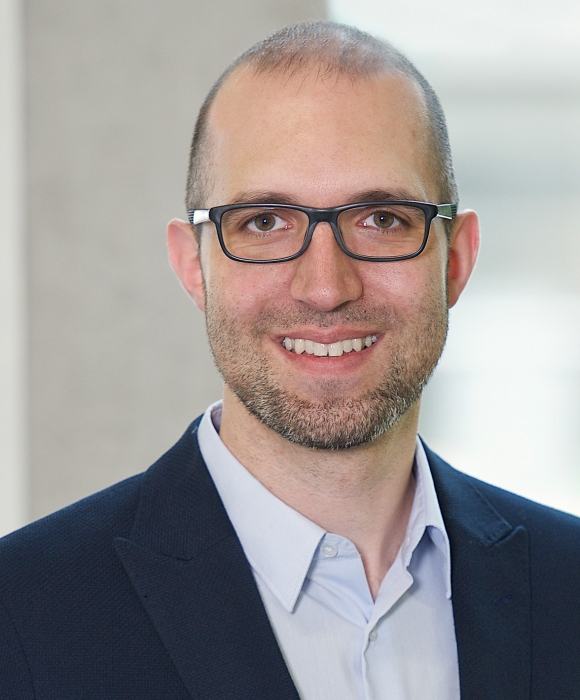
"The Zukunftskolleg provides researchers with a foundation to build their work and career on. Research creativity can only shine through after one has had a couple of years to fully concentrate on his or her work."
While in the United States, chemist Dr Thomas Böttcher chose the University of Konstanz as his next research location. The Emmy Noether scholarship recipient shares with us the role the Zukunftskolleg played in his decision and what the institution does to foster creativity.
..."The deciding fact, however, is that the Zukunftskolleg also supports early career researchers who have not already secured funding for their own position. This is how the Zukunftskolleg provides researchers with a foundation to build their work and career on. Research creativity can only shine through after one has had a couple of years to fully concentrate on his or her work. If I have to work on one application for funding after another, I simply cannot be as creative as when I have a couple of years of financial security to implement creative research projects."
Read the full article.
Additional contributions will follow shortly.